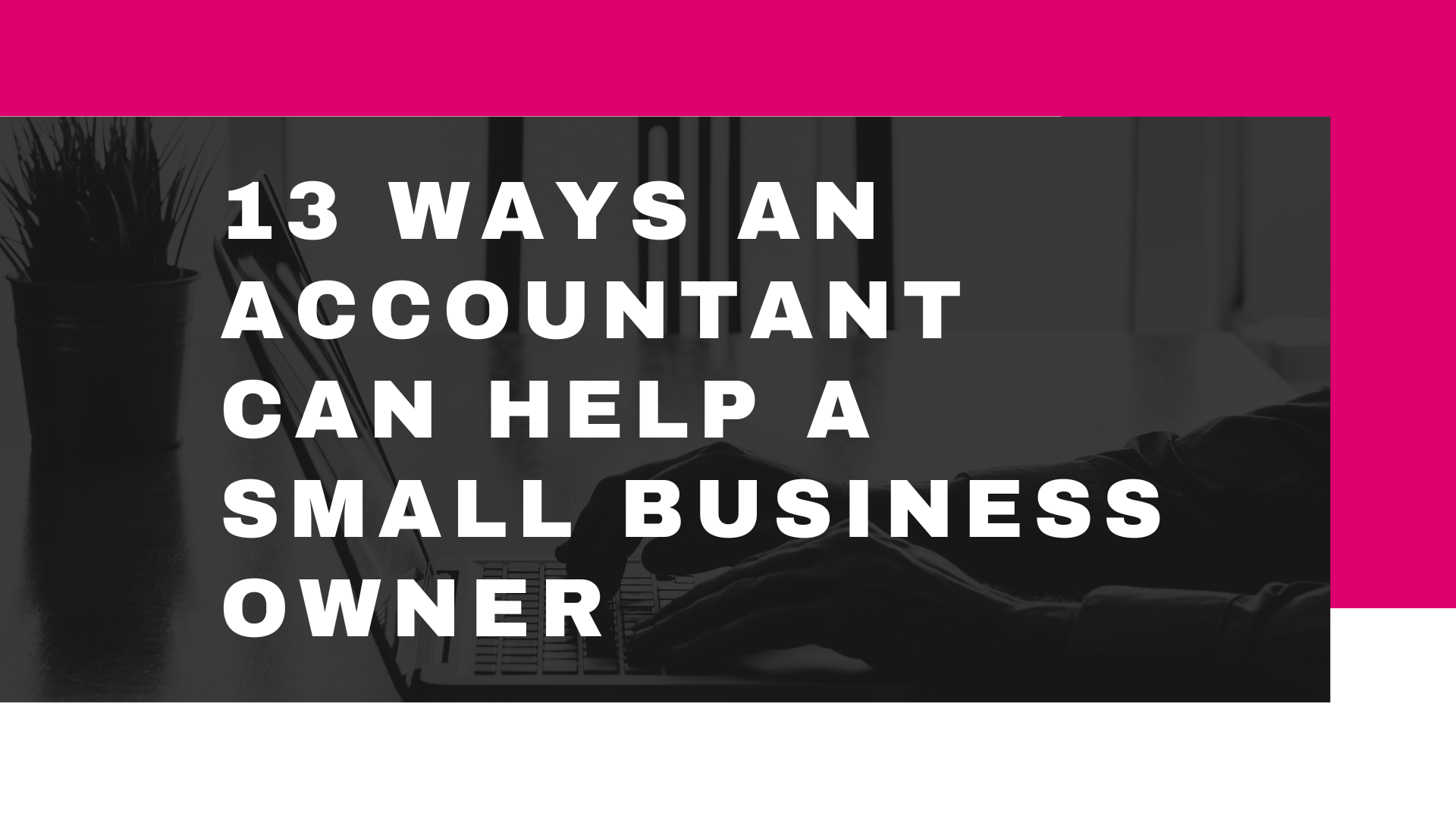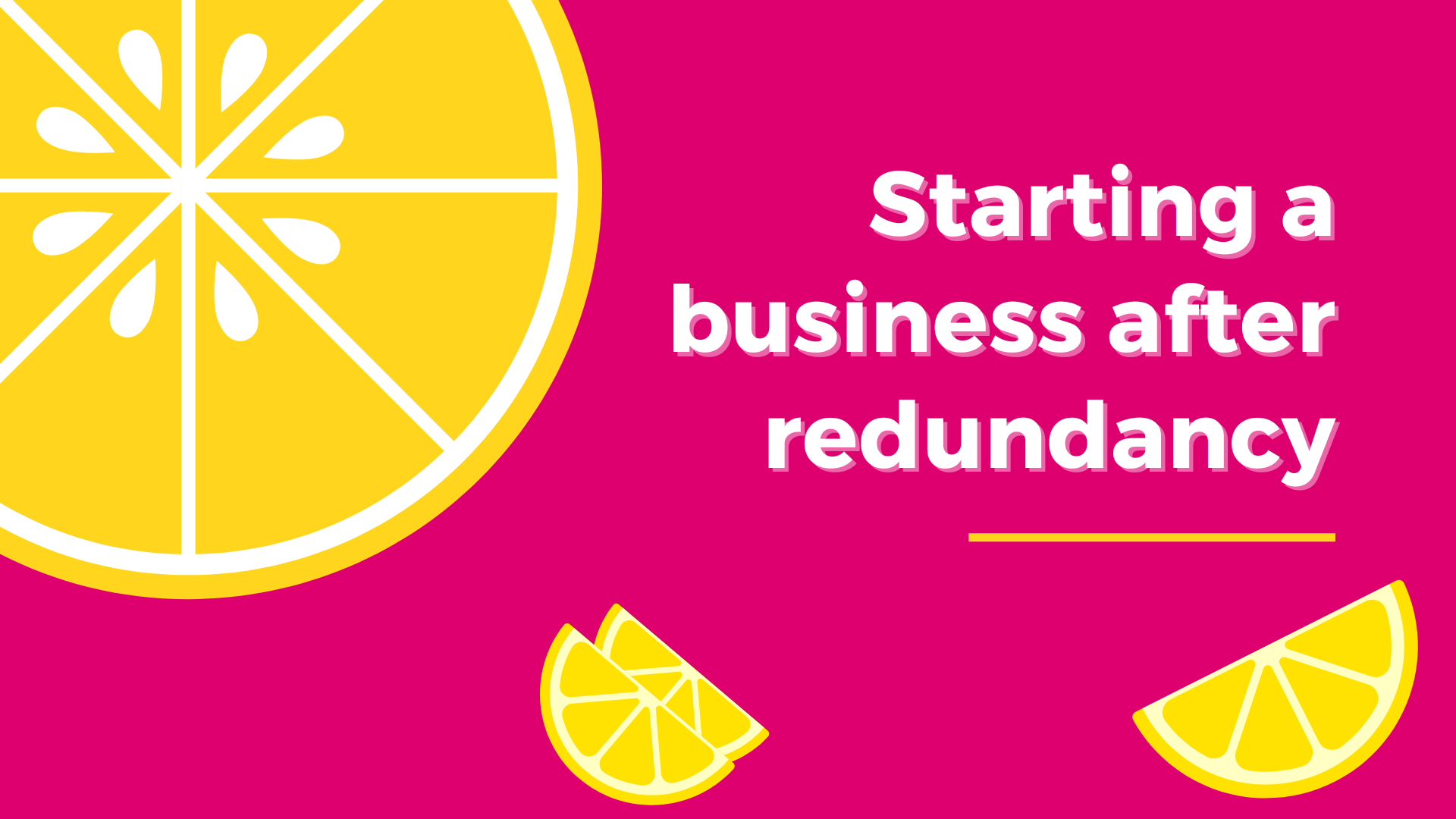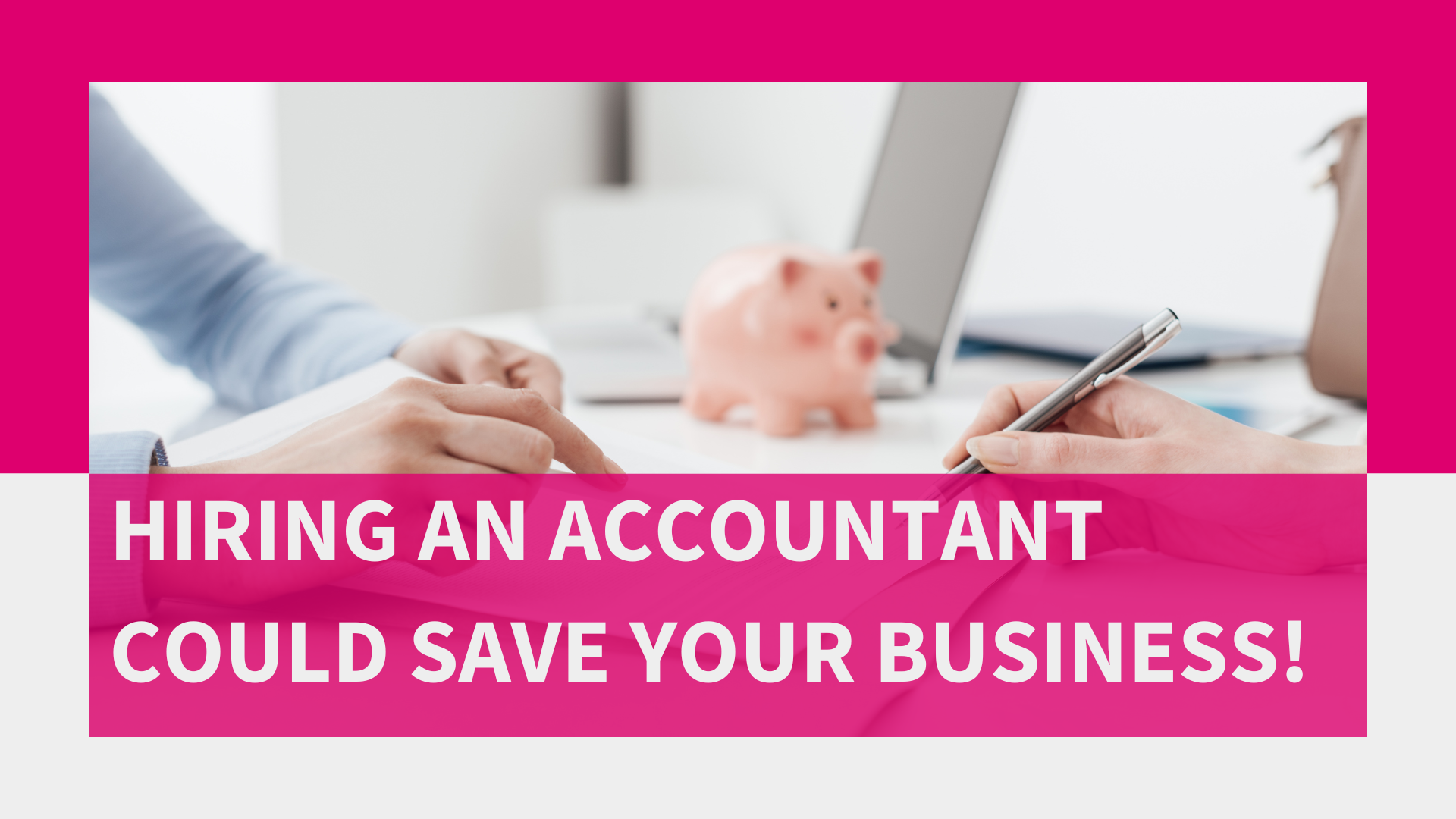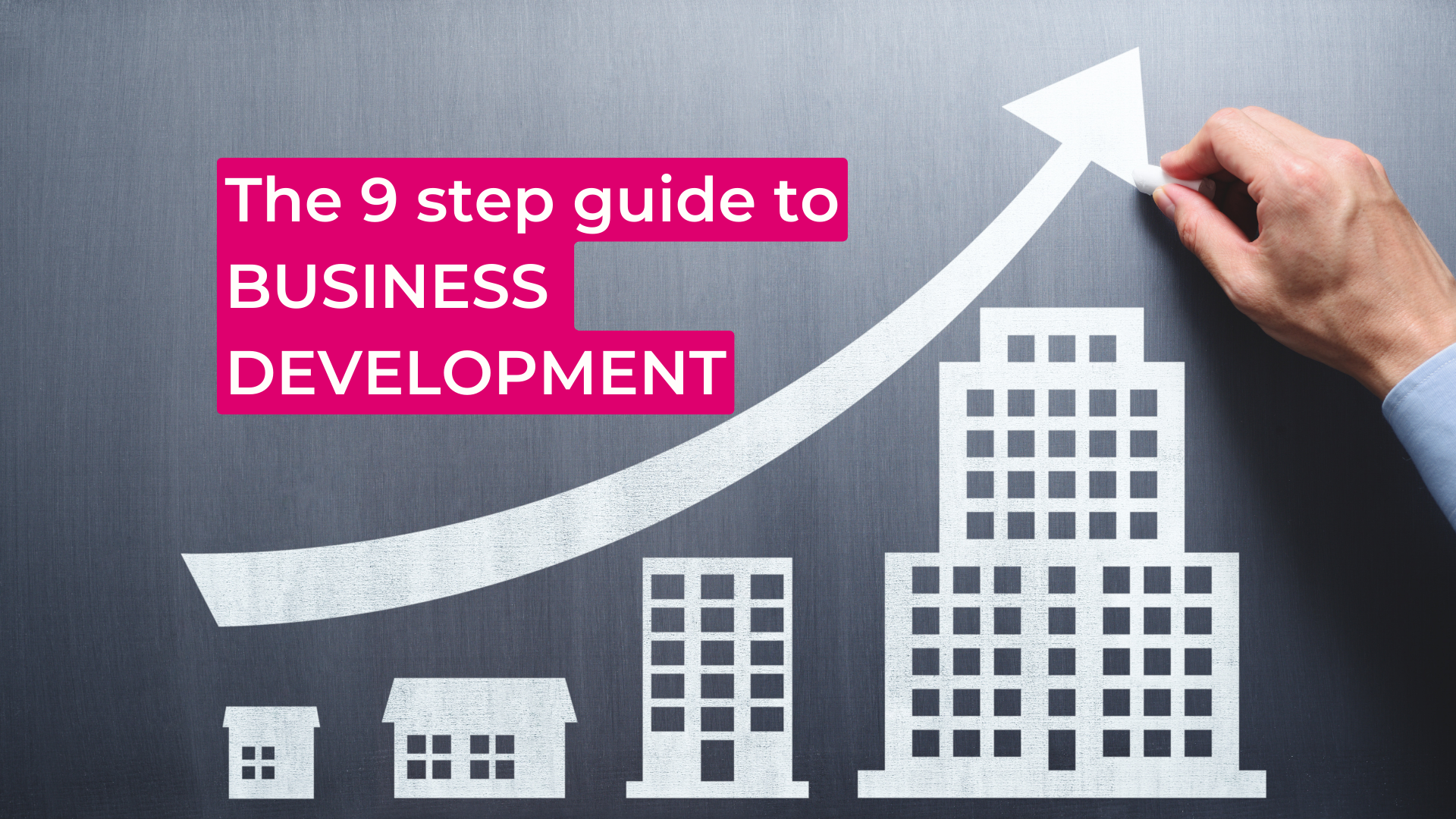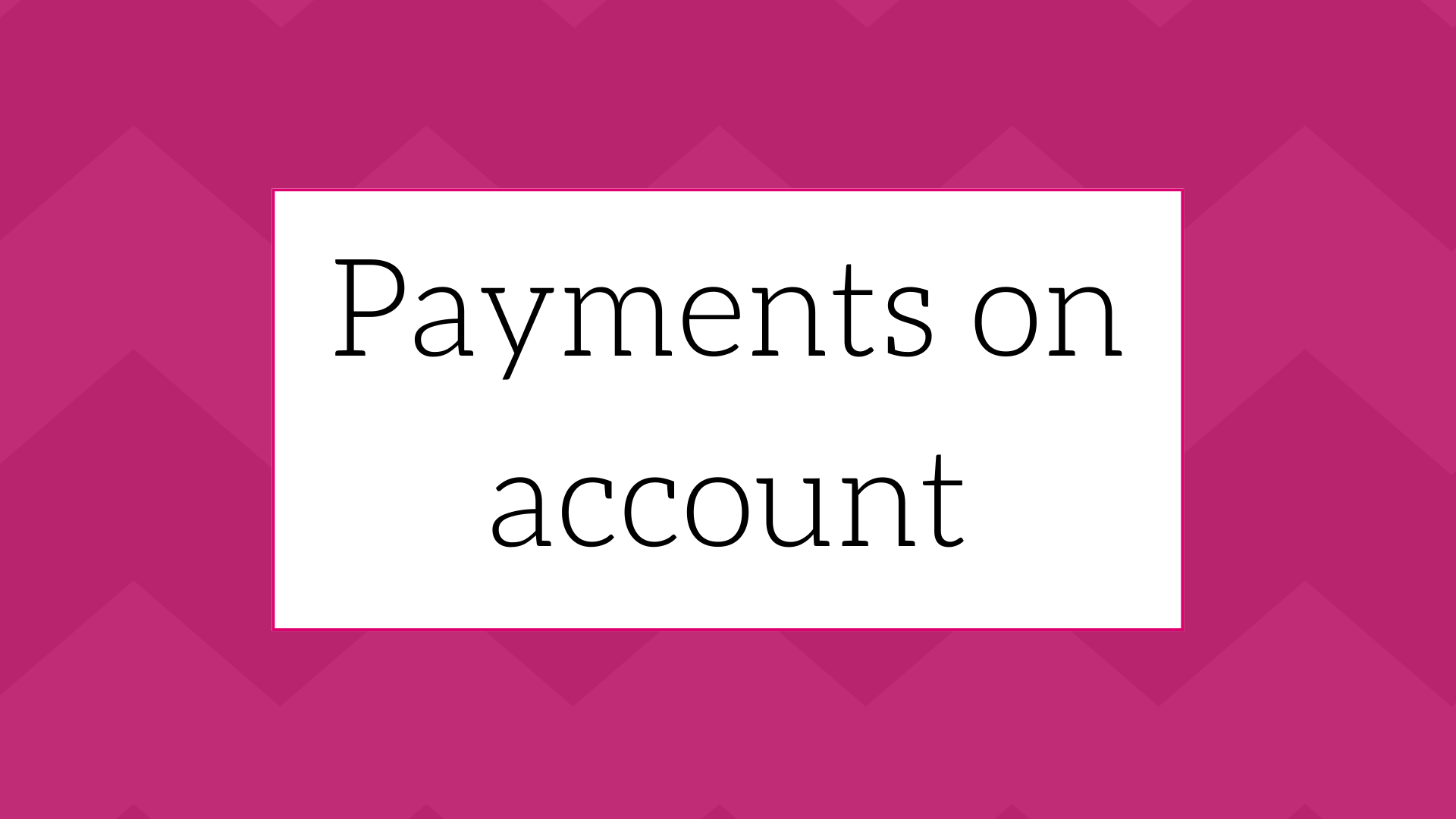Unraveling the Complexity: UK Business Compliance in Accountancy
In today’s swiftly shifting regulatory environment, understanding UK business compliance in the realm of accountancy has never been more vital. With businesses continually subject to various rules and regulations, understanding compliance is key to maintaining a healthy, thriving, and legally compliant business. Let’s take a deeper look at what this entails and why it is so important.
What is Business Compliance?
In the simplest terms, it refers to the process of ensuring a business adheres to all the necessary laws, regulations, and standards relevant to its operations. This extends across multiple levels – from local to national, and sometimes even international.
In the world of accountancy, compliance includes adhering to the various reporting and accounting standards set forth by the relevant governing bodies, tax obligations, auditing procedures, and financial management. This process is mandatory and neglecting it can lead to significant consequences, including hefty fines and penalties, damage to the business’s reputation, or in severe cases, even closure of the business.
Key Areas in Accountancy
- Tax Compliance: This is one of the most critical aspects of. It involves understanding and adhering to the tax laws as prescribed by HM Revenue and Customs (HMRC). This includes paying corporation tax, VAT, PAYE, and national insurance contributions, as well as proper reporting and record-keeping.
- Financial Reporting: Businesses are required to adhere to the Financial Reporting Standards (FRS) in the UK. These standards outline how businesses should prepare and present their financial statements, ensuring transparency and uniformity. Small and micro businesses may adhere to FRS 105, while medium and large companies will typically follow FRS 102.
- Audit: Depending on the size and structure of the business, it may be legally required to have an annual audit conducted by a registered auditor. This ensures the business’s financial statements are accurate, providing reassurance to shareholders, investors, and other stakeholders.
- Companies House Reporting: UK businesses are required to file certain documents with Companies House, including annual financial statements and confirmation statements, which provide updated information about the company’s directors, shareholders, and registered office.
- Data Protection: Though not strictly accounting, the General Data Protection Regulation (GDPR) has important implications for the way businesses manage and protect their financial data.
Why is Compliance Essential?
Maintaining compliance is fundamental to the successful operation of any business. It protects the business from legal and financial penalties, supports operational efficiency, and upholds the reputation of the business. Additionally, it can build trust with stakeholders, including investors, customers, and employees, which is crucial for the long-term sustainability of a business.
Compliance in the Digital Age
In today’s digital age, many businesses are adopting accounting software solutions to assist in maintaining compliance. These tools can streamline processes, enhance accuracy, and provide alerts for upcoming compliance deadlines, significantly reducing the risk of non-compliance.
In Conclusion
Understanding UK business compliance in accountancy is an ongoing task due to evolving regulations and standards. It is crucial for business owners to stay updated and ensure they meet all compliance requirements to avoid penalties, protect their reputation, and foster trust among stakeholders. Consider seeking professional advice from accountants or solicitors, who can help navigate the complexities of business compliance and ensure your business remains on the right side of the law.




